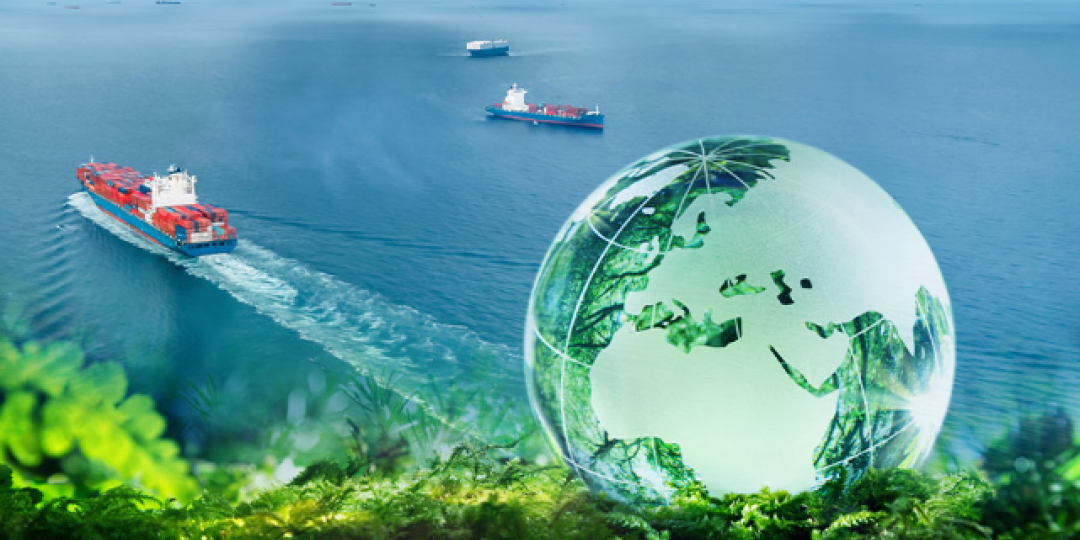The 2023 Annual Progress Report on Green Shipping Corridors shows that green corridor initiatives are expanding and maturing but a number of challenges could still prevent green corridors from unlocking wider maritime decarbonisation.
The new report released by the Global Maritime Forum, prepared on behalf of the Getting to Zero Coalition, reveals a doubling of green corridor initiatives, increased maturity of existing projects, and a significant increase in the number of stakeholders involved.
The report reveals that the number of green corridor initiatives around the world went from 21 to 44 over the past year, and found substantial maturation among existing corridors, with multiple corridors clearing a progress stage, deciding on their priority fuels, and setting targets for operation.
Released in conjunction with COP28, the report says that 2024 will prove pivotal for green corridors, which are defined as specific trade routes where the feasibility of zero-emission shipping is catalysed by public and private action. Along with marked advancements, the report also identifies emerging challenges that must be overcome as green shipping corridors move closer to implementation, including the need to make key fuel decisions and secure both commercial arrangements and governmental support.
“It is, of course, encouraging to see the emergence of so many new green corridor initiatives and the increased maturity of existing green corridors, but the other side of this maturation has been the unearthing of a new set of challenges as the corridors move closer to implementation,” said Jesse Fahnestock, Global Maritime Forum’s project director for decarbonisation.
The doubling of announced green corridor initiatives over the past year was driven by increased governmental efforts to establish green corridors and continued industry and port efforts.
Shipping companies, ports and the third sector represent over half of the 171 stakeholders involved in green corridors. Direct engagement from 18 governments, with 19 initiatives featuring either public or public-private leadership, primarily led by the United Kingdom and the United States, highlighted the growing awareness of green corridors’ potential to unlock wider decarbonisation within the global maritime trade.
However, the report also highlighted how the complexity of governing corridors as multi-stakeholder initiatives continued to slow down progress. On the commercial front, the report reveals gaps in understanding of which business and finance arrangements can enable deployment, while on the policy front, the need for implementation support requires an increase in government resources and capacity.













